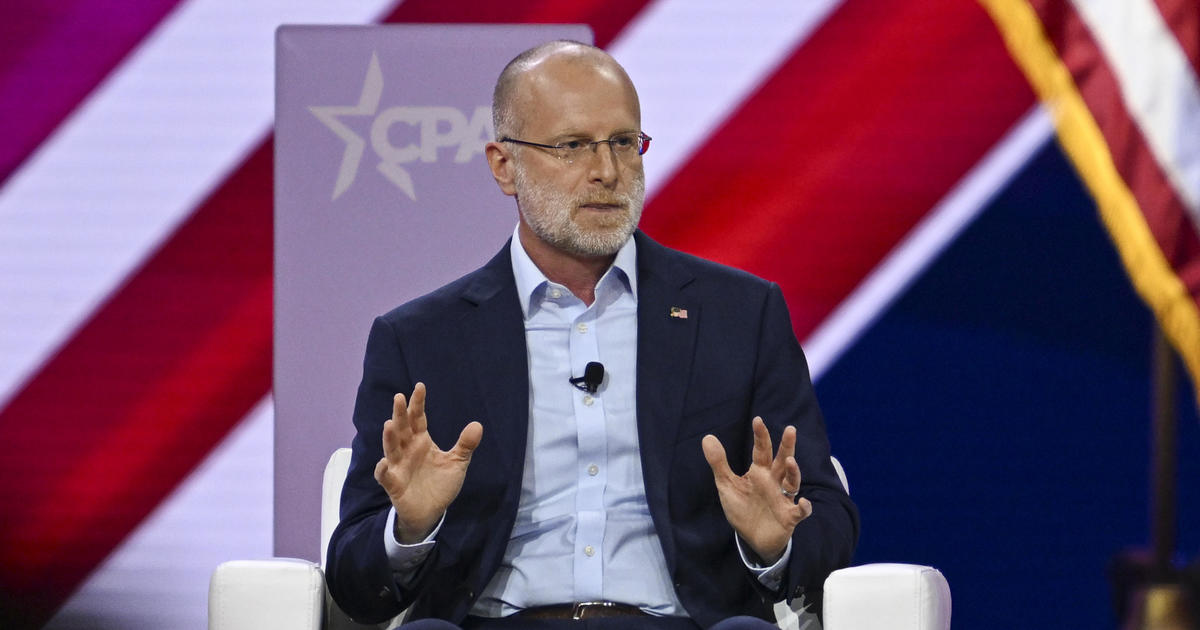President-elect Donald Trump’s pick to run the Federal Communications Commission (FCC), Brendan Carr, is set to take on the role of overseeing the agency that regulates U.S. internet access and communications networks such as TV and radio. Carr, who has been serving as one of the five commissioners at the FCC since 2017, was nominated by Trump during his first administration. Prior to his role as commissioner, Carr served as the agency’s general counsel.
The FCC, although not a household name for most Americans, plays a crucial role in enforcing communications laws, running programs to facilitate access to high-speed internet in communities, and regulating communication services, including satellite internet access. Under Carr’s leadership, the agency is expected to shift its focus towards addressing new priorities during Trump’s next term, including a renewed emphasis on challenging big technology companies and Chinese-based telecom firms.
In his chapter on the FCC in Project 2025, a policy blueprint published by the Heritage Foundation, Carr outlined four main goals that he believes the agency should prioritize. These goals include reining in Big Tech, increasing transparency in tech companies’ algorithm changes and content moderation decisions, and ensuring fair treatment for all individuals by the federal government.
One of Carr’s key priorities is to address the dominance of tech giants such as Google, Meta, and others. He believes that these corporations have significant influence over various aspects of society, from the information people consume to their shopping habits. Carr advocates for restricting Section 230 immunity for tech companies and enhancing transparency in their content moderation practices.
Carr has also formed an alliance with billionaire Elon Musk, who has been a vocal supporter of Trump and his policies. Carr has criticized the federal government’s treatment of Musk, particularly in relation to the revocation of a grant to Musk’s Starlink satellite internet service. He believes that all individuals should receive fair treatment from the government, regardless of their background or connections.
In his chapter on the FCC, Carr also highlighted the potential national security risks posed by Chinese-owned businesses, such as TikTok. He emphasized the need for stricter monitoring and regulation of Chinese telecom and tech companies operating in the U.S. Carr’s views align with the Biden administration’s stance on Chinese-owned companies, with the president signing a law requiring TikTok to be sold or banned in the U.S.
Carr has also been critical of broadcasters, accusing them of political bias and partisan conduct. He has singled out major broadcasters, including CBS News, for their alleged bias and influence over public opinion. Carr aims to ensure that broadcasters operate in the public interest and adhere to FCC regulations.
While Carr has received praise from Trump and fellow FCC Commissioner Geoffrey Starks, some critics have raised concerns about his close relationship with Musk and his stance on broadcasters. Organizations like Free Press and Fight for the Future have expressed reservations about Carr’s views on net neutrality and online speech regulation. They believe that Carr’s nomination to head the FCC could lead to increased government involvement in policing online content.
Overall, Carr’s appointment as FCC Chair is expected to bring significant changes to the agency’s priorities and policies, with a focus on addressing the influence of tech giants, Chinese-owned businesses, and broadcasters. His leadership style and approach to regulating the communications industry will likely shape the future direction of the FCC under the Trump administration.









